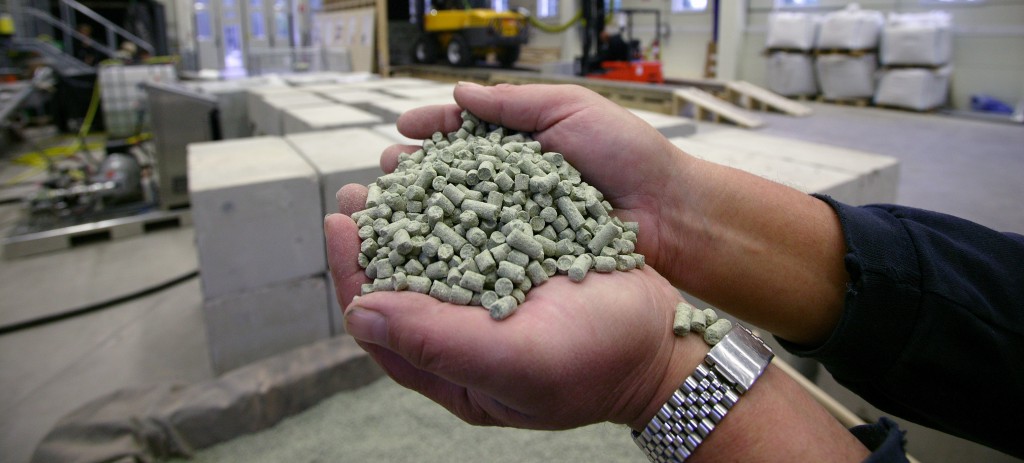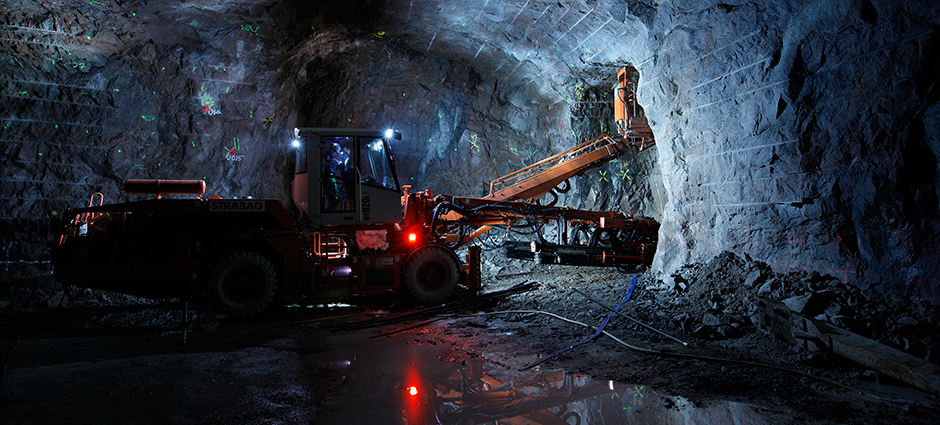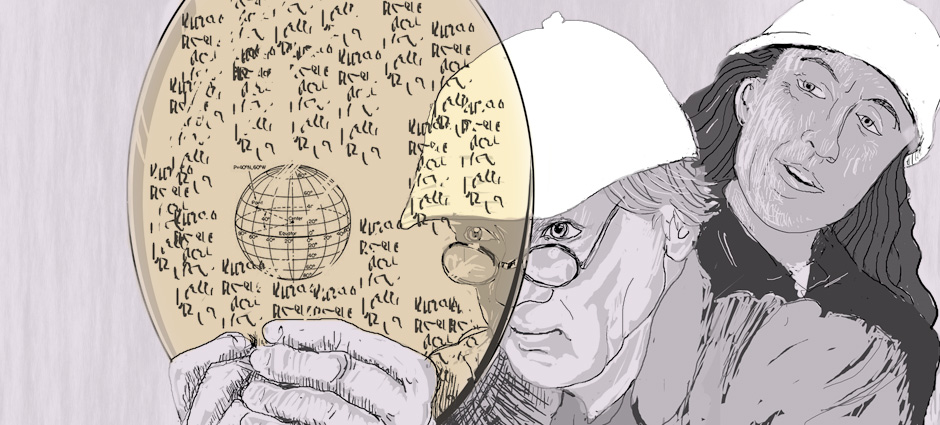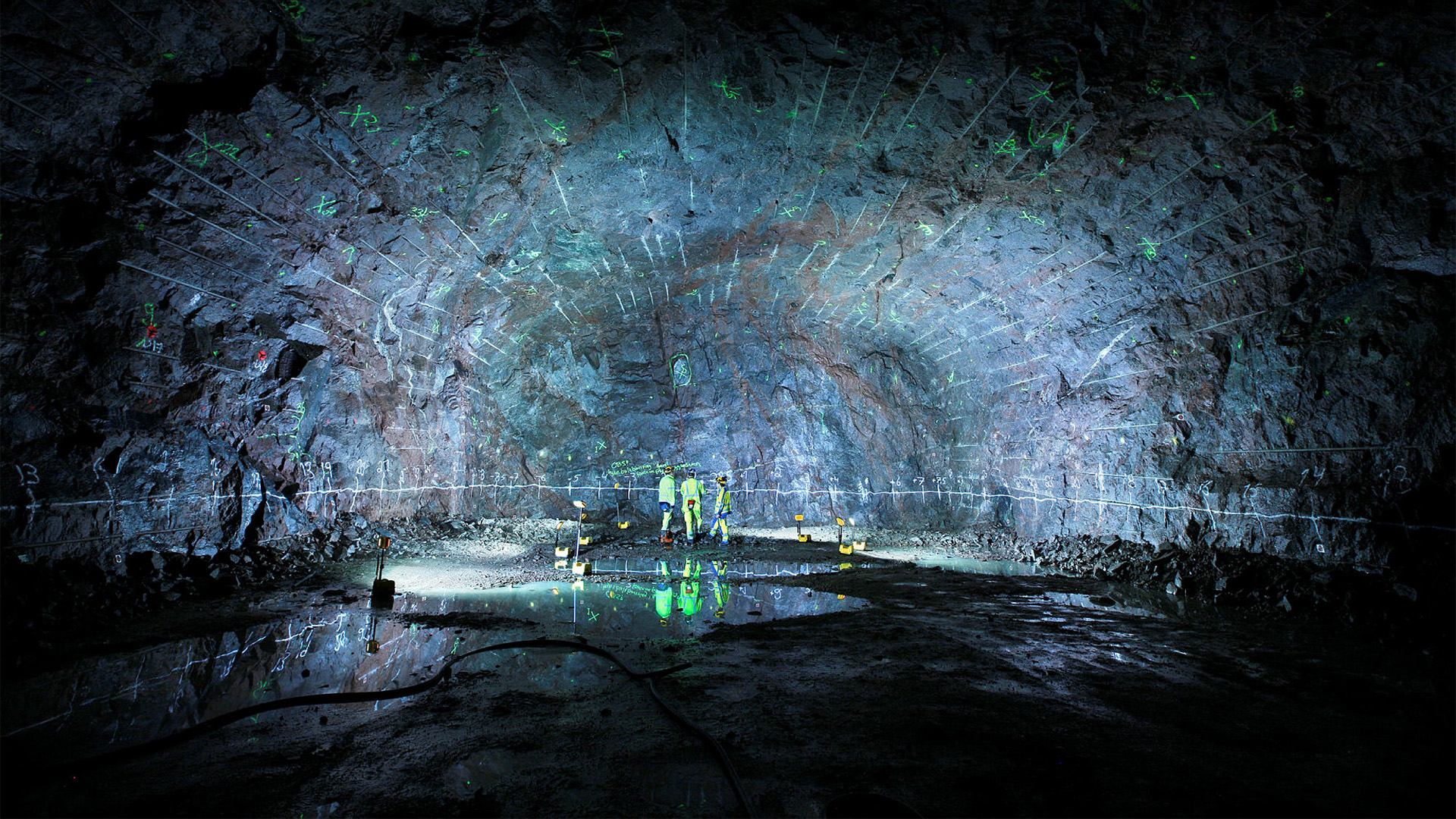Research & technology
SKB’s research and technological development
SKB’s open, knowledge-oriented and collaborative approach has been a success factor, contributing to, among other things, international recognition of the KBS-3 method for the geological final disposal of nuclear fuel. The findings from research and technological development are now being used not only in Sweden, but also in other countries, primarily in Finland.
The aim of the scientific research is to enable us to understand how the conditions in the various final repositories for radioactive waste change over time, and how this affects safety in the long term. SKB’s research therefore encompasses many different areas, such as geology, ecology and climate.
SKB regularly publishes relevant findings from research, technological development and demonstration in its own series of reports, but also in scientific journals. SKB’s coworkers and researchers funded by SKB have published over 100 scientific papers and more than 20 books and conference contributions. SKB’s findings are also presented and discussed openly at scientific conferences. We also collaborate in several different research projects within both the EU and the IAEA.
SKB’s series of reports is available via our publication page.
Demonstration and technology in realistic environment
In the area of technological development, there is ongoing work in progress on the design, manufacture, testing and further development of alI the area of technological development, there is ongoing work in progress on the design, manufacture, testing and further development of all the technical components of the final repository systems for both spent nuclear fuel and low-level and intermediate-level waste. Much of the research and development work takes, and has taken place at our three laboratories in Oskarshamn: the Äspö Hard Rock Laboratory (HRL), the Multi-Purpose Test Facility and the Canister Laboratory. In these facilities we have had the opportunity to test and demonstrate the technology on a full scale and in a realistic environment.
RD&D Programme
Every three years, SKB presents its plans for continued research and technological development in a separate RD&D programme. RD&D stands for research, development and demonstration. The most recent one was submitted to the Swedish Radiation Safety Authority on 30 September 2022. Once the RD&D programme has been reviewed by society, government agencies, municipalities and institutes of higher education, the Government makes a decision on the direction of SKB’s future research and technological development.

The final repository system and its barriers
Our method for final disposal
SKB works according to a special method for the final disposal of the spent nuclear fuel. This method is known as KBS-3, and is based on three protective barriers: copper canisters, bentonite clay and the Swedish bedrock.

The laboratories
Leading research in SKB’s laboratories
SKB’s research on the final disposal of radioactive waste is world-leading in many ways. Much of this research has been conducted at our three laboratories in Oskarshamn.

Social research
Social research for the future
Creating a final repository for spent nuclear fuel not only involves hard science. Such an extensive project also affects society at large. This is why SKB funds research with a social science or humanistic focus.

International collaboration
International collaboration on research and development
International collaboration has been crucially important to SKB over the years, and will continue to be so. Some collaborations are intended to produce international recommendations, while others are more operational and aim to produce shared data, methodologies and tools.
